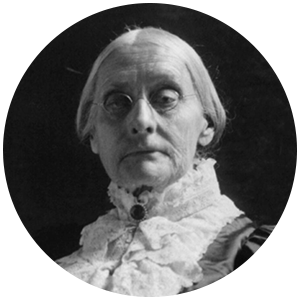March is upon us, and with it comes the celebration of women and their achievements in the world; Women’s History Month is all about women taking a stand, making a difference, and creating a legacy. Without these women, organizations like The Pangea Network would have nothing to build on, and would not be as effective as they are. It’s important that we take the time to remember these heroines and all they’ve achieved in the name of women’s cultural, occupational, and social advancement.
Ela Bhatt
Ela Bhatt, a female Indian activist who, in 1972, organized a self-employed women’s work union in developing countries, valued the work accomplished by women, and fought hard for a woman’s ability to support her family. Bhatt condemned poverty and the cultural and social strictures that poverty placed on women in these countries. She famously said, “What is poverty but a massive form of violence? When a woman does back-breaking work for ten hours a day but cannot support her family with her earnings, society has scorned her labor.” Bhatt worked tirelessly to close the gap in a man and woman’s earning potential by pushing girl’s education and fighting for women to take power, saying, “When girls have a chance to go to school and learn the skills that will enable them to earn a living as a woman, the benefits are felt community-wide…It is the women who are the leaders in charge, and without their participation, poverty can never be removed.”
 Susan B. Anthony
Susan B. Anthony
In the 1900’s, Susan B. Anthony fought for women’s rights and played a pivotal role in the women’s suffrage movement. She valued the presence of a female voice in a position of leadership, and the positive ramifications it would have on the country and world. She harked on the importance of gender equality through evaluating the current power structures in place. Anthony said, “There will never be complete equality until women themselves help to make laws and elect lawmakers.” Anthony argued that a man in power cannot effectively govern on behalf of women without a woman in power alongside him. She reasoned that without improving the political structure, women would never truly catch up with men, and would never be truly represented by their own country, saying, “Men’s rights are nothing more. Women’s rights are nothing less.” She fought for true gender equality by enforcing a more diverse workplace, and for a woman’s ability to support herself and her family without the reliance on a man. She said, “I think the girl who is able to earn her own living and pay her own way should be as happy as anyone on earth. The sense of independence and security is very sweet.”
These strong ladies both valued the evening of the genders and their respective levels of inherent power. They called for the inclusion of fairness, equal opportunity, and a destruction of the current gender roles. Without their contributions, woman-kind would not be where it is today.

